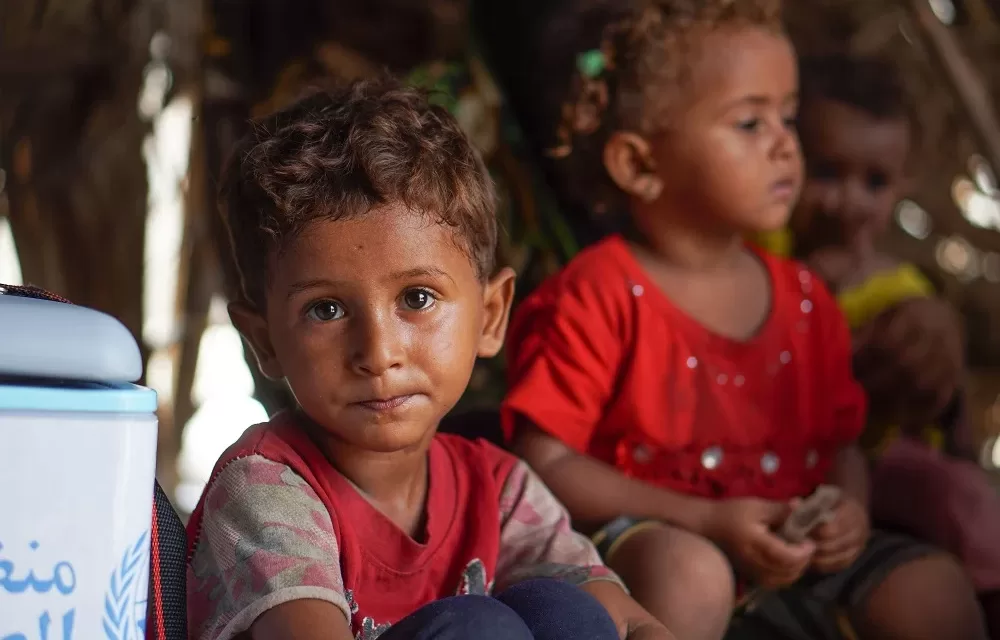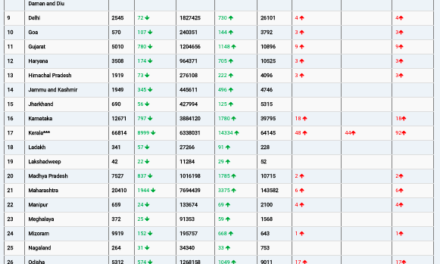In a tragic and alarming development, a baby in Gaza has been paralyzed by a mutated strain of the polio virus, derived from the oral polio vaccine’s live virus. This is the first reported case of paralytic polio in Gaza in over 25 years, highlighting critical gaps in vaccination coverage due to the ongoing conflict between Israel and Hamas. The case serves as a stark reminder of the challenges faced in global public health, particularly in conflict zones, where vaccine coverage can be dangerously compromised.
The Mutated Virus: A Double-Edged Sword
The virus responsible for the baby’s paralysis is a mutated form of the vaccine-derived poliovirus (VDPV), which originally was part of an oral vaccine meant to prevent the disease. The oral polio vaccine (OPV) contains a weakened version of the virus that, in rare cases, can mutate and regain its virulence, leading to vaccine-derived poliovirus infections. This incident has reignited debates about the safety and efficacy of the OPV, particularly in areas with low immunization coverage.
The Impact of Conflict on Public Health
Prolonged conflict in Gaza has left thousands of children unvaccinated, creating fertile ground for such outbreaks. The fragile healthcare infrastructure, compounded by continuous violence and blockades, has made it exceedingly difficult to maintain routine immunization programs. As a result, diseases that were once under control are now re-emerging, with potentially devastating consequences for vulnerable populations.
Criticism of WHO and Global Health Policies
The World Health Organization (WHO) and its global partners have come under criticism for their handling of polio eradication strategies. The decision to switch vaccine strains without ensuring adequate preparedness has led to vaccine-linked polio outbreaks in 43 countries. Experts argue that these outbreaks underscore a significant oversight in global public health policy—one that fails to adequately account for the unique challenges posed by conflict zones.
Calls for Re-Evaluation of Vaccination Strategies
In response to the Gaza case, public health experts are urging a thorough re-evaluation of current vaccination strategies. They argue that simply continuing with the same approach may not be sufficient to protect vulnerable populations in areas of conflict. Instead, there is a need for more context-sensitive strategies that consider the specific challenges faced by communities living in war-torn regions.
The Path Forward
With new rounds of vaccination planned in Gaza and other affected areas, there is a pressing need for a reassessment of the tools and methods used in the fight against polio. The Gaza case serves as a grim reminder that the fight against polio is far from over and that more nuanced and flexible approaches may be necessary to achieve the goal of global eradication.
The paralysis of a baby in Gaza due to a mutated strain of polio is not just a medical issue—it is a symbol of the broader failure of public health policy in conflict zones. As the world grapples with this challenge, it is crucial to learn from these incidents and ensure that all children, regardless of where they live, are protected from preventable diseases like polio.












